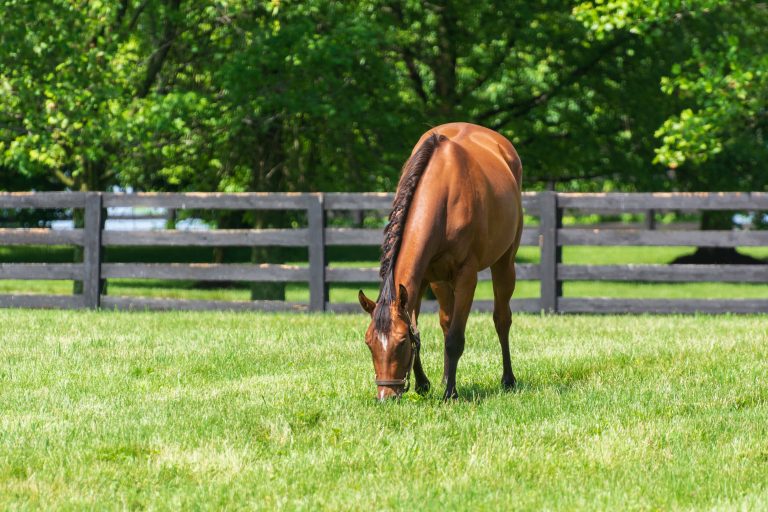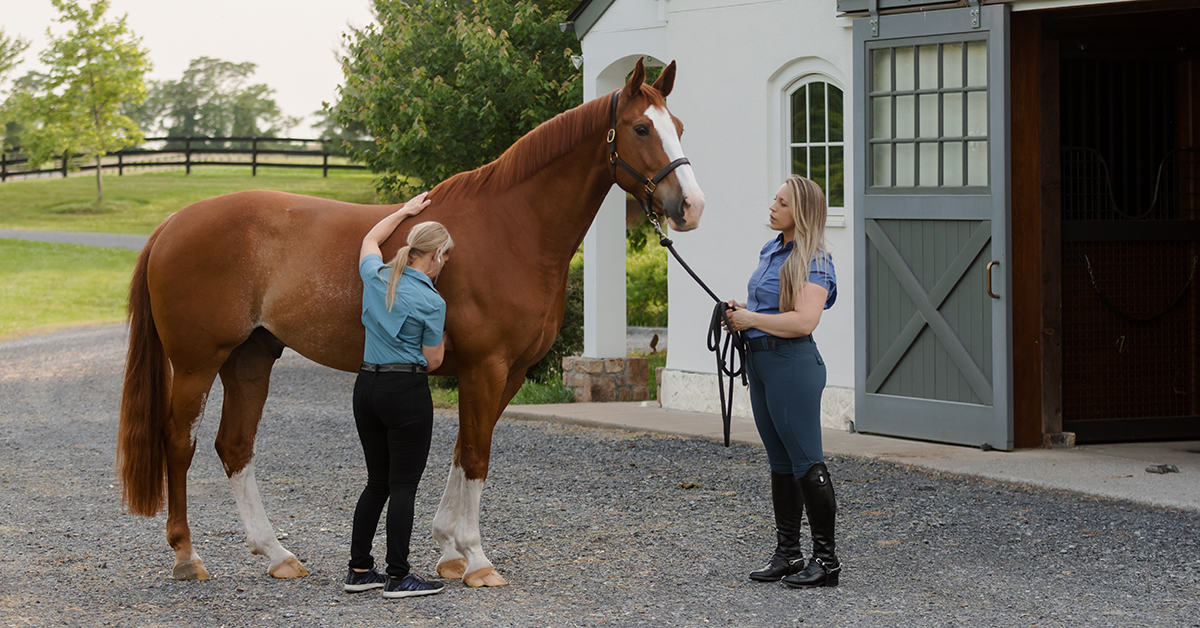As horses age, their nutritional requirements change significantly. Understanding the senior horse nutrition needs is crucial for maintaining their health and vitality. Whether you’re a seasoned horse owner or new to caring for older horses, this guide will provide valuable insights into meeting the dietary needs of your aging equine companion.

Understanding the Aging Process in Horses
Before delving into nutrition, it’s important to understand how aging affects horses. Just like humans, horses experience physical and metabolic changes as they grow older. Their metabolism slows down, and they may face dental issues that impact their ability to chew and digest food effectively.
The Impact of Age on Metabolism
As horses age, their metabolic rate decreases, meaning they burn calories more slowly. This can lead to weight gain if their diet isn’t adjusted accordingly. Monitoring their weight and adjusting their feed intake is essential.
Dental Challenges in Senior Horses
Dental health is a significant concern for older horses. Worn or missing teeth can make chewing difficult, leading to inadequate nutrition intake. Regular dental check-ups are crucial to address any issues early. Learn more about horse tooth grinding problems.
Key Nutritional Needs for Senior Horses
Addressing the nutritional needs of senior horses involves ensuring they receive adequate energy, protein, vitamins, and minerals. Let’s explore these components:
Energy Requirements
Older horses may require more easily digestible energy sources due to their reduced metabolic rate. High-fiber diets, including hay and grass, should be complemented with senior horse feeds that provide concentrated energy.
Protein Needs
Protein is essential for maintaining muscle mass and supporting overall health. Senior horses may benefit from higher quality protein sources to compensate for any muscle loss.
Vitamins and Minerals
A balanced diet rich in essential vitamins and minerals is crucial for senior horses. Pay special attention to calcium and phosphorus levels to support bone health. Consider supplements if necessary.
Common Feeding Challenges and Solutions
Caring for senior horses comes with its unique set of challenges. Here are some common issues and practical solutions:
Weight Management
Maintaining an ideal weight can be challenging for older horses. Regularly assess their body condition and adjust their diet to prevent obesity or underweight issues.
Dealing with Digestive Issues
Older horses are prone to digestive problems. Offering smaller, more frequent meals and providing access to fresh water at all times can help mitigate these issues.
Ensuring Proper Hydration
Dehydration is a risk for senior horses. Ensure they have constant access to clean water and consider adding electrolytes to their diet in hot weather.
Choosing the Right Feed for Senior Horses
Selecting the right feed is essential for meeting the specific nutritional needs of older horses. Look for feeds designed for seniors that address their unique requirements.
Understanding Feed Labels
When choosing a feed, carefully read the labels to ensure it provides the necessary nutrients. Look for feeds with higher fiber content and added vitamins and minerals.
Supplements for Senior Horses
Supplements can play a vital role in addressing specific deficiencies. Consult with a veterinarian to determine if supplements are needed for your horse.
Consulting with a Veterinarian
Regular veterinary check-ups are crucial for monitoring the health and nutritional status of senior horses. A veterinarian can help tailor a diet plan to meet your horse’s specific needs.
Dental Check-Ups
Ensure your horse receives regular dental examinations to prevent dental issues from affecting their ability to chew and digest food. Learn more about horse dental exams.
Blood Work and Health Monitoring
Regular blood work can help detect any underlying health issues early. This allows for timely intervention and dietary adjustments if needed.
Environmental Considerations
The environment in which your senior horse lives also plays a role in their nutrition and overall well-being.
Pasture Management
Ensure that pastures are well-maintained and free of hazards. Access to quality grazing is beneficial for mental and physical health.
Stabling and Shelter
Provide adequate shelter to protect your horse from extreme weather conditions. A comfortable living environment contributes to their overall health.
Behavioral Aspects of Feeding Senior Horses
Understanding your horse’s behavior can provide insights into their nutritional needs and overall well-being.
Monitoring Eating Habits
Pay attention to any changes in your horse’s eating habits. Sudden changes may indicate underlying health issues.
Social Dynamics
If your horse is in a herd, observe their social interactions during feeding times. Ensure they are not being bullied away from food.
The Role of Exercise in Senior Horse Health
Exercise remains important for senior horses, but it should be tailored to their abilities and health status.
Light Exercise Benefits
Regular, light exercise helps maintain muscle tone and overall fitness. Consult with a veterinarian before starting any new exercise regimen.
Signs of Overexertion
Watch for signs of fatigue or discomfort. Adjust the intensity and duration of exercise based on your horse’s condition.

FAQs on Senior Horse Nutrition
What are the key nutritional needs of senior horses?
Senior horses require a diet rich in fiber, quality protein, and essential vitamins and minerals to support their aging bodies.
How often should I adjust my senior horse’s diet?
Regularly monitor your horse’s condition and consult with a veterinarian to make necessary dietary adjustments based on their health and needs.
Can supplements be beneficial for senior horses?
Supplements can be beneficial in addressing specific nutritional deficiencies. Always consult with a veterinarian before adding supplements to your horse’s diet.
For more information on caring for senior horses, visit this external resource.
By understanding and addressing the senior horse nutrition needs, you can ensure your beloved equine enjoys a healthy and happy life in their golden years.
This article contains affiliate links. We may earn a commission at no extra cost to you.
